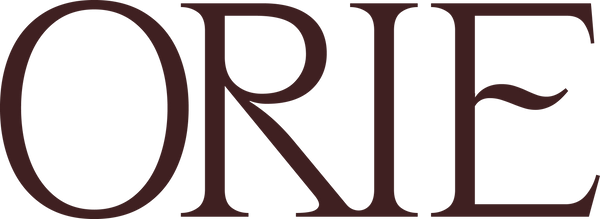
Trimester Four

Postpartum can be thought of as the fourth trimester, and requires a similar level of planning and preparation as pregnancy due to it being a time of great physical and emotional change. Pregnancy places a large toll on a woman’s body, therefore supporting this transitional phase will help to prevent postpartum depletion.
Optimise Nutritional Status
Optimising nutritional status before and during pregnancy is the first step to avoiding postpartum depletion. Our bodies need adequate amounts of iron, folate, zinc, magnesium, vitamin D, iodine and vitamin B12 during pregnancy to support the healthy growth and development of the baby, as well as supporting the mother through a healthy pregnancy. Nutrient requirements for many of these nutrients increase during the fourth trimester, particularly if breastfeeding, and deficiencies in many of these nutrients are strongly linked with postpartum depression. Continuing to take a practitioner-grade pre-natal supplement throughout the fourth trimester supports the mother’s recovery and increased nutrient needs.
Find Your Support Network
The fourth trimester can be a physically and emotionally challenging time, as you find your rhythm and settle into a routine. Having a support network can help to ease you into this period and lighten the load. Consider a meal delivery service or a meal train for the first few weeks post-birth. In the weeks leading up to birth, consider batch cooking and stocking your freezer with leftovers and pre-made meals to have on hand once your baby is born. Many women also benefit from a professional support team made up of healthcare practitioners to support their needs. This may include a midwife, naturopath, lactation consultant, psychologist, pelvic floor physiotherapist etc.
Nourish Your Body
While there is a lot of focus on nourishing your body through pregnancy, the postpartum period is often neglected. Changing nutritional needs, alongside ‘baby brain’, poor sleep, hair loss and other symptoms associated with the postpartum period mean that additional nutritional support is necessary.
